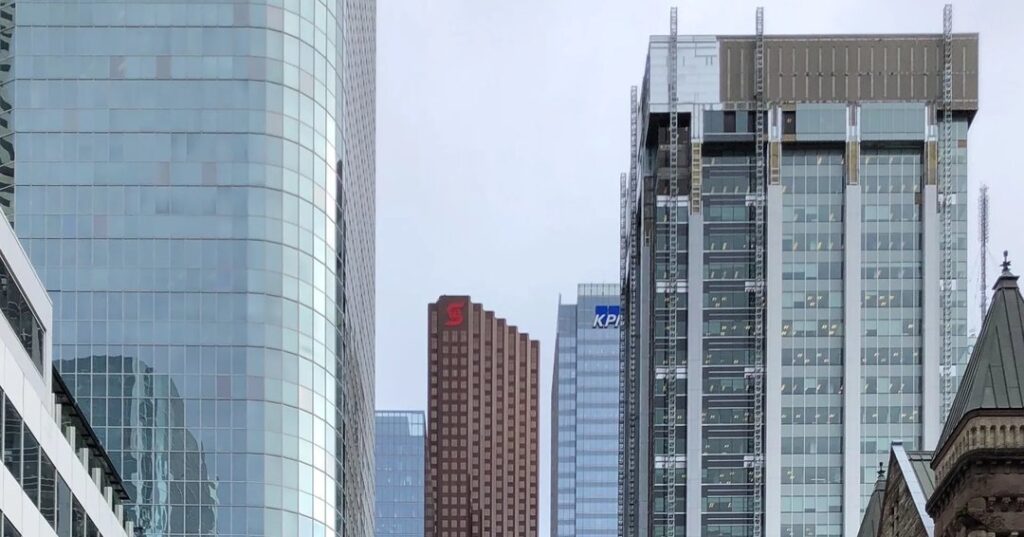As prices drop, Toronto is UBS’s bubbliest housing market.
As prices drop, Toronto is UBS’s bubbliest housing market According to recent research by Swiss bank UBS, Toronto has the highest housing bubble risk in the world, exceeding even major financial centres like Frankfurt and Hong Kong. Toronto, followed by Frankfurt, displays extremely increased risks due to imbalances in global metropolitan housing markets, according to the UBS Global Real Estate Bubble Index, which assessed 25 major cities around the world based on the danger of a market collapse. When local housing prices grow rapidly due to high demand and speculation, yet cannot be justified by fundamental economics, this is known as a bubble. As the Bank of Canada raises interest rates to limit inflation, concerns are mounting that the bubble may burst. This is because record-low interest rates during the pandemic helped drive a tremendous spike. Housing markets in 25 cities were each given an index score from 0 to 3, with a score of 3 or higher suggesting the presence of a housing bubble, according to an annual UBS analysis. Toronto scored a 2.24, making it the most dangerous city in North America, and Vancouver scored a 1.70, making it the second most dangerous city. According to the measure, the “overvalued” U.S. cities were safe from a bubble. Real housing price levels in Vancouver and Toronto “have more than tripled in the last 25 years,” according to the survey, which also found that “imbalances are sky-high in both assessed Canadian cities.” As per the reports, “the two main perpetrators of the long-term property bonanza” in Toronto and Vancouver were cited as the dearth of urban housing to accommodate the expanding population and the decline in borrowing rates. Over the past few years, “the index has been flashing warning lights.” The report found that housing prices in Vancouver are up 14% year-over-year, while in Toronto they are up 17%. According to the survey, new purchasers already facing difficulties affording a home may have reached their breaking point due to the Bank of Canada’s recent rate hikes. They “must not only show more income in order to qualify for a mortgage but also pay greater interest rates.” The analysis revealed that from mid-2021 to mid-2022, nominal property prices grew by an average of 10% across the 25 locations studied, the biggest annual gain since 2007. The analysis finds that “price corrections” have already occurred or are projected to begin in most locations with high valuations because of “higher interest rates, inflation, turbulence in the financial markets, and weakening economic conditions,” which are all exerting pressure on the housing boom. Related posts. Importance of the performance audit Read More How CAN Home Warranty Guards You Against Unexpected Expenses Read More Canada hopes to welcome half a million immigrants by 2025, but can the country keep up? Read More Canadian Real Estate Prices Fall 30%, Recession Starts: Ox Econ Read More Most Canadian peak purchasers with a low downpayment are underwater Read More The influence of Toronto’s property market on the rest of Canada Read More
As prices drop, Toronto is UBS’s bubbliest housing market. Read More »




